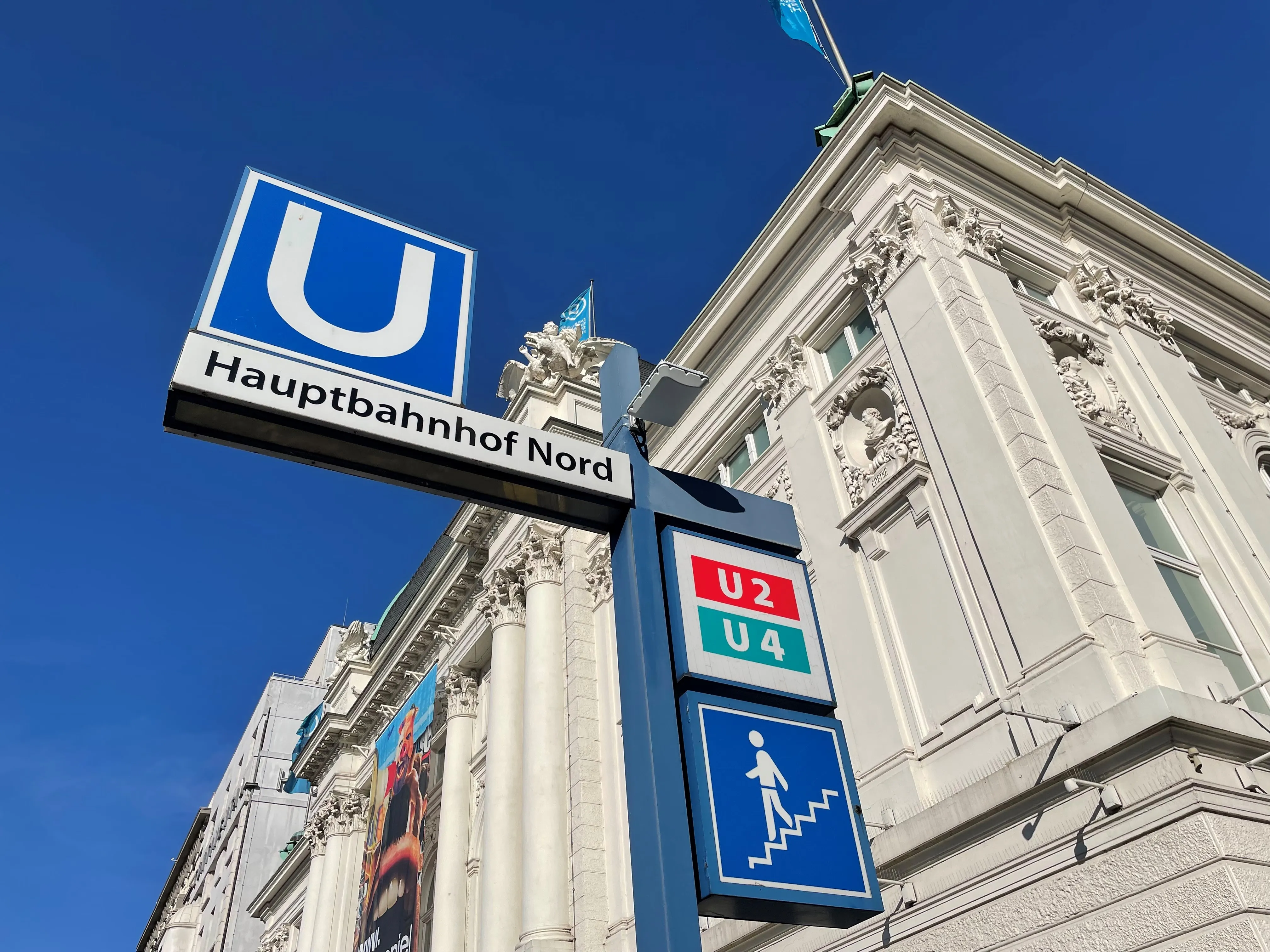
Optibus has been chosen to run the planning and operations software behind the first formal bus system in Kampala, Uganda.
It will work with Ugandan IT company SCINTL on what is eventually expected to be a 3,000-vehicle network operated by Tondeka Metro Company (TMC).
The deal is backed by the World Bank and Ugandan government to improve transportation for Kampala’s 1.5 million residents
Residents of the African country's capital travel primarily using informal matatus (15-seat mini-buses) and boda-bodas (motorbike taxis) that lack set routes, schedules, or standardised fares.
Pick-up and drop-off points shift, riders face long, unpredictable wait times in sweltering heat or heavy rain, and fares fluctuate as much as 100%.
TMC will use Optibus’ software platform to plan all routes and timetables in the bus network from scratch, optimise resource allocation and electric buses, and manage daily operations in real time.
The project is supported by Uganda’s Ministry of Science, Technology and Innovation, Ministry of Works and Transport, Ministry of Finance Planning and Economic Development, Ministry of Trade and Ministry of Kampala as well as other local government authorities.
In a statement the partners say: "The project will significantly decongest Kampala of vehicle traffic, improve air quality, and reduce safety incidents."
TMC’s partnership with Kiira Motors Corporation and Rentco Africa means the project will remain local - including bus manufacture - and will create more than 12,000 jobs in the next three years.
The plan is for the fleet to be all-electric by 2032.
“We are thrilled to join this pioneering partnership to build Africa’s most technologically advanced bus fleet and bus operations solution," said Amos Haggiag, CEO and co-founder of Optibus.
Kevin Short, head of technology at TMC, called it "a gamechanger in the transportation industry”.
Cephas T. Bushuyu, MD for SCINTL, said his company will help "to provide a one-stop solution that encompasses transport optimisation for large transport fleets".







